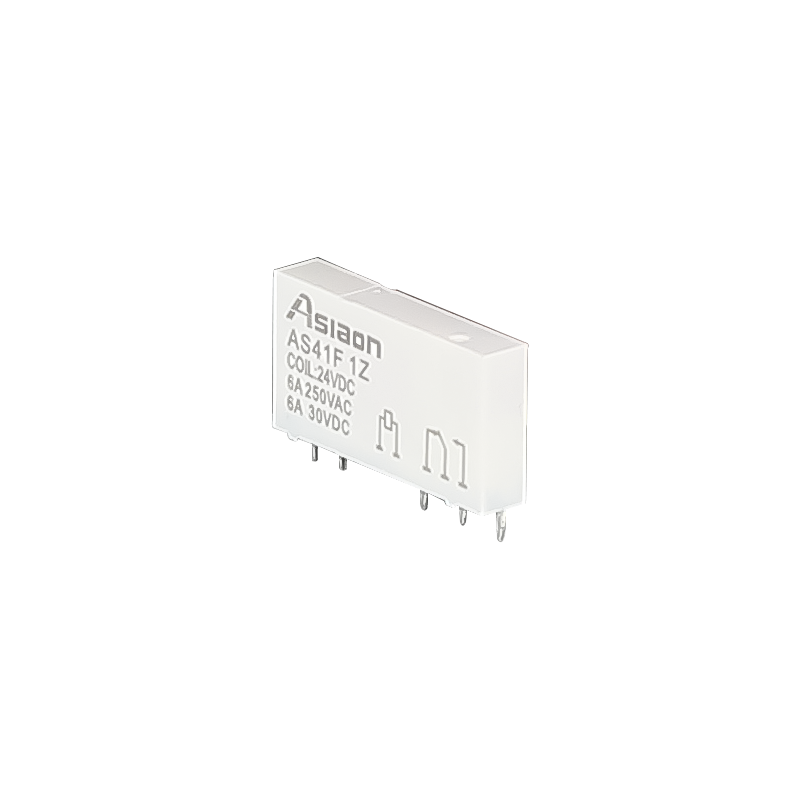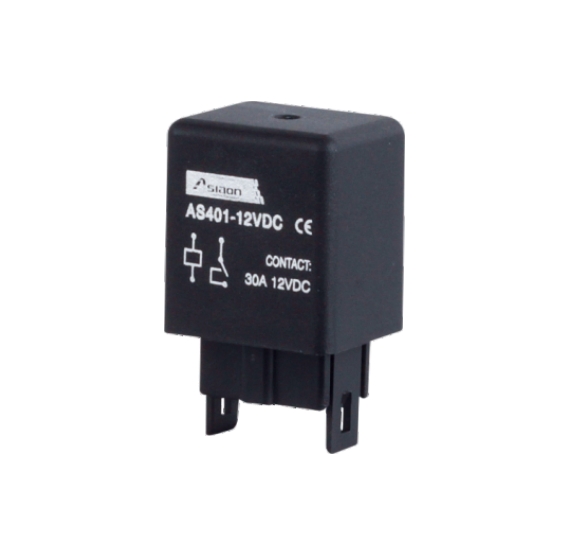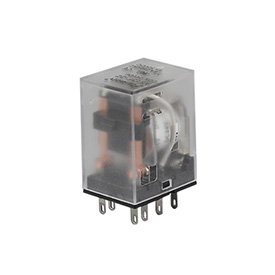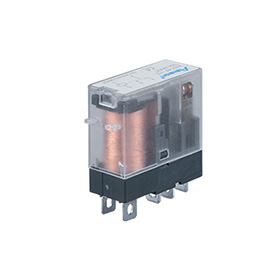How to choose a good Relay Socket?
Choosing the right relay socket is crucial for ensuring reliable electrical connections and optimal performance in your applications. With various options available in the market, it can be overwhelming to make the right decision. This guide will provide you with essential considerations and examples to help you choose a good relay socket.
1: Key Considerations
Compatibility
Ensure that the socket is compatible with the specific relay you intend to use. Check the pin configuration and specifications to avoid mismatches.
Voltage and Current Ratings
Select a socket that can handle the voltage and current requirements of your application. This ensures the socket operates safely without overheating or failing.
Mounting Type
Decide whether you need a PCB mount, panel mount, or socket type. The mounting style should suit your project's physical layout and space constraints.
Material Quality
Look for sockets made from high-quality materials, such as thermoplastics and metals, which can withstand environmental factors like heat and moisture.
Contact Reliability
Choose a relay socket with gold-plated or silver contacts for better conductivity and reduced wear over time. This enhances the longevity and reliability of the connection.
2: Popular Types of Relay Sockets
DIN Rail Mount Sockets
These sockets are designed for mounting on standard DIN rails, making them ideal for industrial applications where space-saving is crucial.
PCB Relay Sockets
Perfect for custom circuit boards, PCB sockets offer flexibility in design and can easily integrate into electronic systems.
Panel Mount Relay Sockets
These sockets are designed for easy access and are suitable for installations where user interaction is required, such as control panels.
Plug-in Relay Sockets
Plug-in sockets allow for easy replacement of relays, which is beneficial for maintenance and troubleshooting.
Socket with LED Indicators
Some relay sockets come with built-in LED indicators to signal the relay's operational status, providing visual feedback for easier monitoring.
3: Additional Features
Socket Locking Mechanism
Look for sockets that offer a locking mechanism to secure the relay in place, preventing accidental disconnection.
Insulation Resistance
High insulation resistance in a relay socket minimizes the risk of electrical leakage, ensuring safety and reliability.
Temperature Range
Check the operating temperature range of the socket to ensure it can perform effectively in your environment.
Ease of Installation
Choose sockets designed for easy installation, which can save time and labor costs during setup.
Certification Standards
Verify that the relay socket meets relevant safety and quality standards, such as UL or CE certifications, to ensure compliance and reliability.
Conclusion
Selecting the right relay socket involves understanding your specific needs and considering various factors such as compatibility, mounting type, and additional features. By focusing on these key areas, you can confidently choose a relay socket that will enhance the performance and reliability of your projects. Whether for industrial use or everyday applications, the right relay socket is an investment in safety and efficiency.
 中文
中文 Русский
Русский Español
Español


